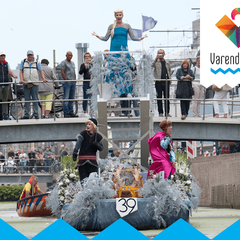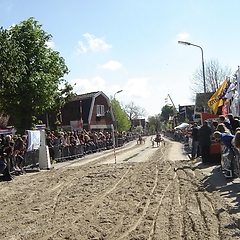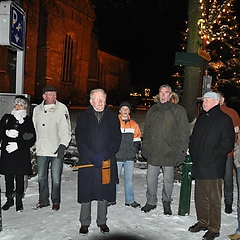Pencak Silat and Silat are umbrella terms for the martial arts from Indonesia, Brunei Darussalam, Malaysia, and Singapore. There are about 400 to 500 different styles and sub-styles, where the sub-styles are part of a main style. In the development of these, region, city, physical condition, and weapons played a role. In all styles one finds aspects such as movements and postures which are inspired by both animals and humans.
Pencak Silat includes four aspects:
- - Olah Raga (the sport form)
- - Seni (an artistic, free form, not bound by time limits)
- - Bela Diri (self-defence)
- - The Mental Spiritual form, which includes philosophy and the meditation.
In addition to the above aspects, Pencak Silat also includes the treatment of injuries with traditional massages and herbal medicine as well as accompanying music with drums, flute, or gamelan.
Pencak Silat and Silat have been organised since the late 70's in clubs, associations and schools and practiced in gymnasiums, community centres and gyms. Basically, Pencak Silat is accessible to anyone interested in it. The groups are and were not commercial, the starting point is that the heritage (Pusaka) should be passed on and safeguarded.



